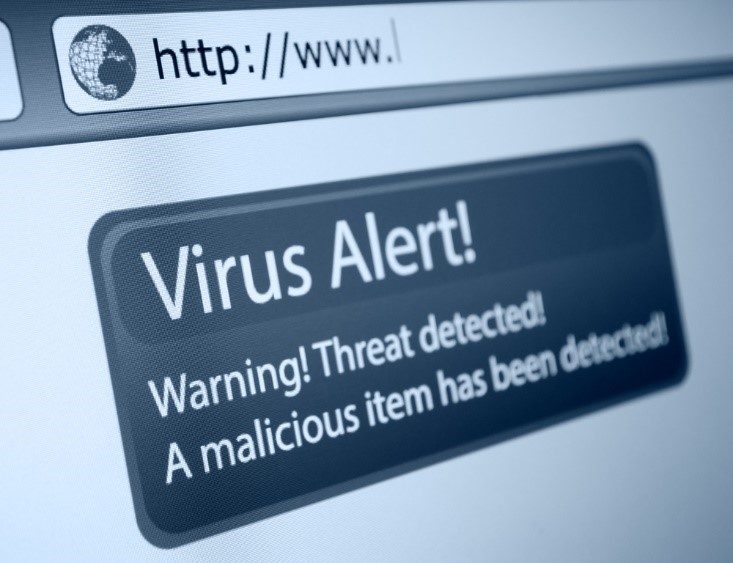Computer viruses come in many shapes and sizes. While some viruses are relatively easy to get rid of and don’t pose much of a threat, others can result in data theft and damaged hardware. As cyber security experts continue to innovate, virus developers have become more devious – in terms of both the viruses they create and their methods for spreading them. People who wish to maintain a high degree of online security would be wise to stay abreast of the most popular viruses currently making their way around the web. Being aware of the threats these viruses pose is the first step in avoiding them and staying safe online.
Direct Action
Direct action viruses seek to infect various files on your computer. Although this type of virus isn’t quite as common as it was just a decade ago, it’s still important to watch out for. If a direct action virus is able to find its way onto your computer and worm its way into your files, getting rid of it is liable to prove bothersome. Luckily, direct action viruses are very easy to defang. Since these viruses are only active when the files they’ve attached themselves to are opened, you can effectively stop them in their tracks by closing and/or deleting infected files or programs. Additionally, a max security antivirus program can prove helpful in detecting and removing direct action viruses.
Boot Sector
Like direct action viruses, boot sector viruses are still relatively common despite being past their heyday. As the name suggests, this type of virus ties itself directly to a computer’s boot-up function. This means that every time your computer boots up, the virus will begin working its magic. While not as widespread as they once were, boot sector viruses can be difficult to get rid of once they’ve taken effect. In the event that your computer becomes infected with a boot sector virus, enlist the aid of a top-tier anti-virus program and/or repair professional.
Resident
Whereas many other types of virus are inadvertently installed by victims, resident viruses simply install themselves. As a result, they can sometimes be difficult to identify until they’ve spent a fair amount of time in your system. Worse yet, even after the source of the infection has been purged, resident viruses can continue causing problems for you. This is among the many reasons you should run regular virus scans. When dealing with resident viruses, early detection is crucial – and dependable anti-virus software is the key to early detection.
Memory Resident
One of the most diabolical types of resident virus, a memory resident virus can slow your computer down to a crawl if left alone long enough. True to its name, a memory resident virus embeds itself within your computer’s memory. This means that it’s able to carry out its operations every time your computer is in use. Furthermore, the virus will free up memory space, thus allowing itself to operate more efficiently. The longer a memory resident virus remains undetected, the more memory space it will come to occupy. So if you’ve noticed a substantial drop in your computer’s performance speeds, a memory resident virus may be the culprit.
FAT
A FAT virus can have a devastating impact on any computer it manages to infect. This type of virus wreaks havoc with your file allocation system, the place where information about your files and their respective locations is stored. To make matters worse, an unchecked FAT virus will eventually start deleting files and entire file directories. If you suspect your computer has contracted a FAT virus, don’t hesitate to act. The longer this type of virus is able to remain in your system, the more files you stand to lose.
For decades computer viruses have been the scourge of the online world. A single virus infection has the power to compromise one’s privacy or personal finances, effectively turning their whole world upside down. While it’s true that not every virus poses the same level of threat, the vast majority of them are extremely inconvenient and cumbersome to remove. In working to avoid computer viruses at all costs, it helps to know exactly what you’re up against. With this in mind, make sure to keep an eye out for the previously discussed offenders.



